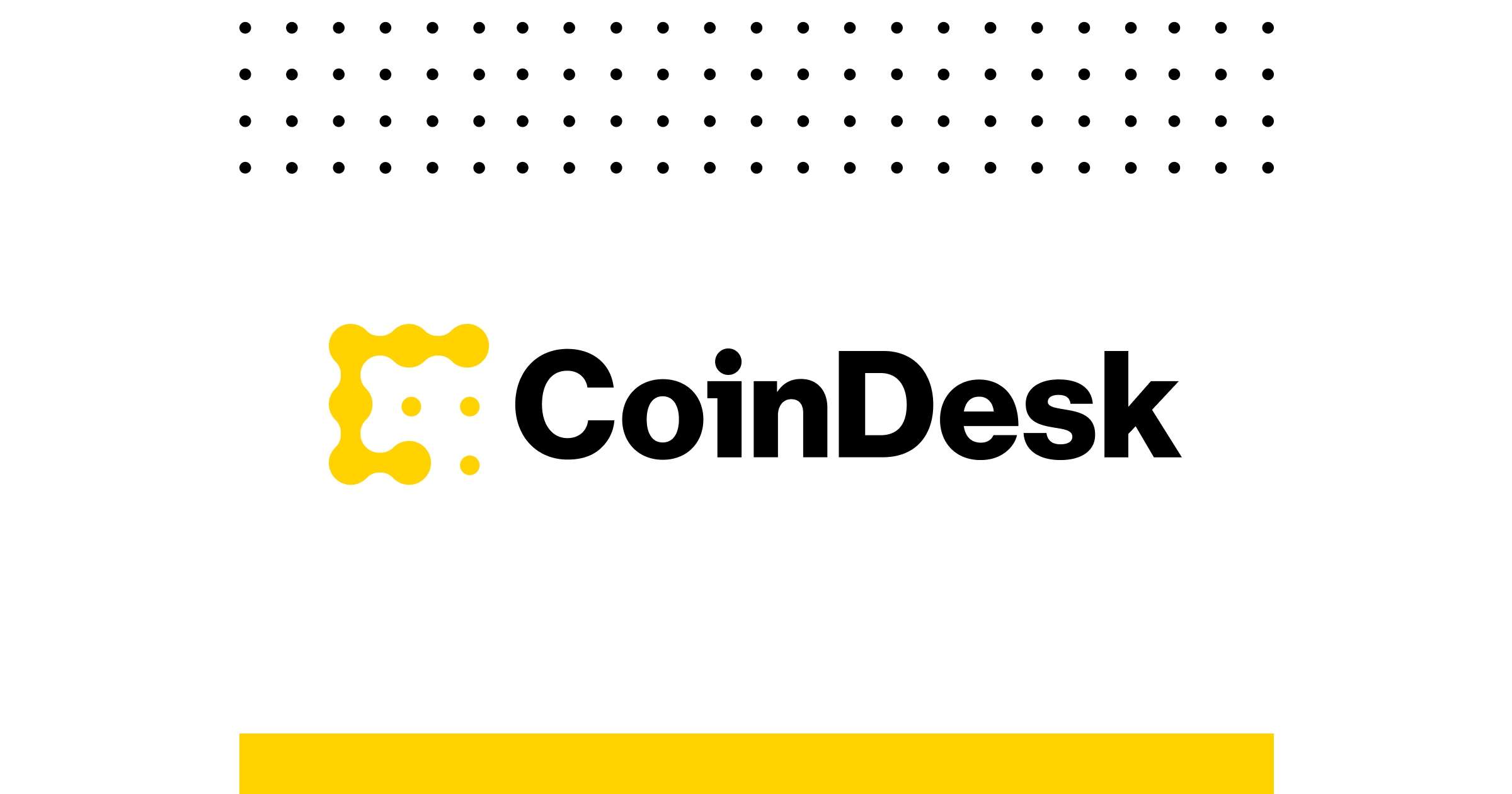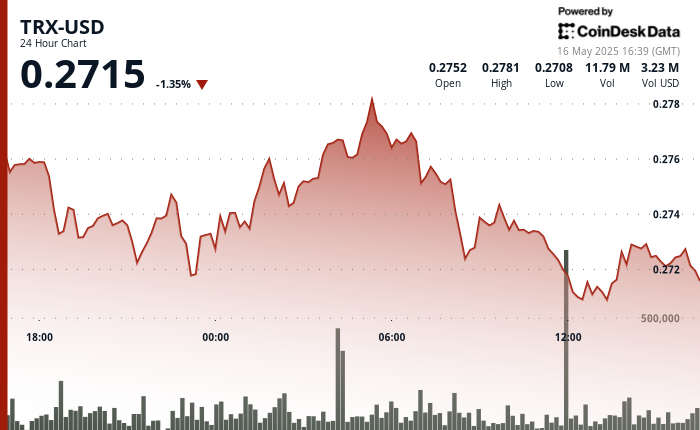Lido Proposes a Bold Governance Model to Give stETH Holders a Say in Protocol Decisions


Lido Finance Presents New Governance Model Empowering stETH Holders in Decision-Making
In light of Ethereum's recent surge fueled by the Pectra upgrade, Lido Finance has put forth an innovative governance model to grant staked ether (stETH) holders a voice in pivotal protocol choices.
The Lido Improvement Proposal (LIP) 28 is designed to enhance transparency and decentralization within the Ethereum staking environment, marking a significant step towards more inclusive decision-making processes. As discussions around the proposal unfold, an imminent vote looms, potentially paving the way for similar initiatives across DeFi platforms.
Under this groundbreaking dual governance system proposed by Lido, stETH holders would be empowered with veto power over critical decisions. This framework aims to foster accountability and democratization within the ecosystem.

Lido Proposes a Bold Governance Model to Give stETH Holders a Say in Protocol Decisions
Proposal comes as ETH surges 30% on Pectra upgrade, boosting attention on Ethereum-native protocols.
- Lido Finance has proposed a dual governance system allowing staked ether (stETH) holders to have veto power on key protocol decisions.
- The Lido Improvement Proposal (LIP) 28 aims to increase accountability and decentralization in Ethereum's staking ecosystem.
- The proposal is in the discussion phase, with a formal vote expected soon, potentially setting a precedent for other DeFi protocols.
Looking forward, Lido DAO contributors are gearing up for the implementation of Dual Governance, which will incorporate meticulously crafted design and code selections, operational parameters, as well as deployment strategies. This upcoming release signifies a significant milestone in the evolution of decentralized governance mechanisms.
The new approach introduces a "dynamic" time lock mechanism that aligns with on-chain governance principles. Unlike immediate execution in the current system, there will be a specified window before decisions become effective. This feature enables users to express dissent or opt-out during this interval.
How it works
By acting as a safeguard mechanism, this innovation allows stakeholders to signal disapproval and withdraw their participation while providing the DAO with an opportunity to address concerns or retract contentious actions promptly.
As discussions progress surrounding LIP-28, anticipation builds for an upcoming on-chain ballot set to take place in the following weeks.

The new proposal wants to tackle that.
This creates a sort of safety valve — allowing stakers to signal objection and exit — while still giving the DAO time to respond or cancel the contentious action.
The LIP-28 proposal is still in its discussion phase, with a formal on-chain vote expected in the coming weeks.



